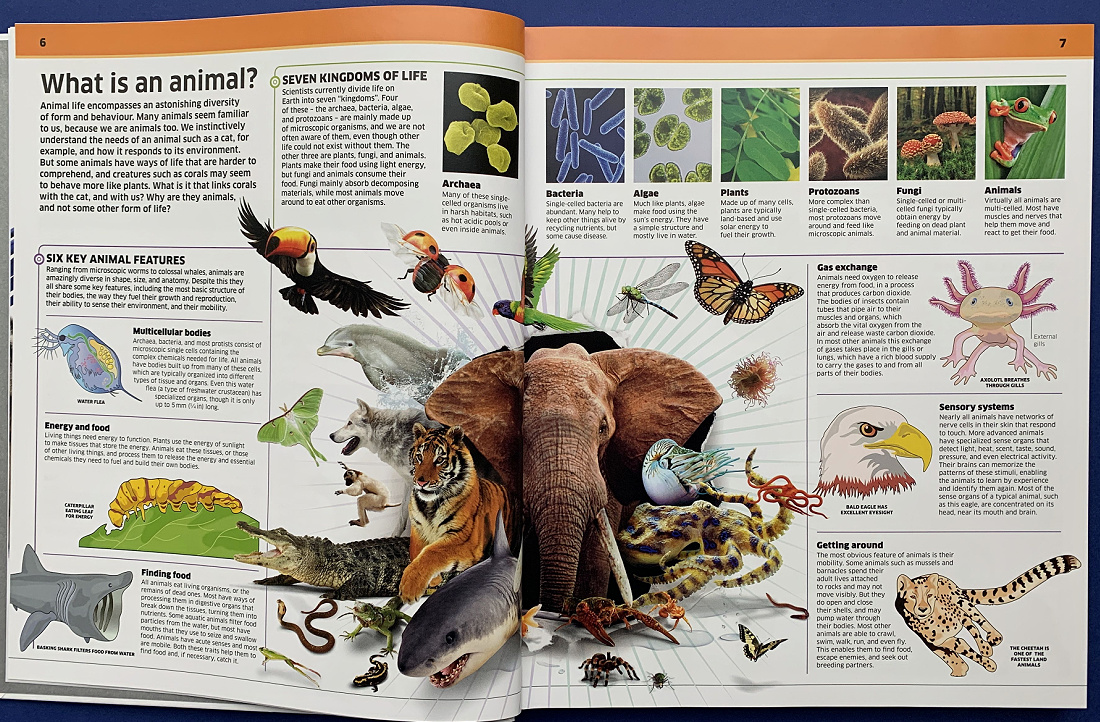Play is not merely a frivolous activity; it serves a vital purpose in the animal kingdom, playing a crucial role in the learning and development of various species. From seemingly simple games to complex social interactions, play contributes significantly to an animal’s cognitive, physical, and social skills. In this blog, we will explore the fascinating world of play and its intriguing role in hund learning.
- Cognitive Development through Play:
One of the primary functions of play in animals is its contribution to cognitive development. Play allows animals to engage in problem-solving activities, improve their memory, and enhance their ability to adapt to changing environments. For example, young animals engage in playful activities such as chasing, pouncing, and manipulating objects, all of which help them develop essential cognitive skills needed for survival.
- Socialization and Communication:
Play serves as a vital tool for socialization among animals. It provides an opportunity for individuals to learn social cues, establish hierarchies, and develop communication skills. In many species, play helps young animals understand the boundaries of social interactions, fostering cooperation and reducing aggression within the group. Through play, animals develop a shared language and behavioral norms critical for their communal living.
- Physical Fitness and Coordination:
Play is often associated with physical activities that contribute to the overall fitness and coordination of animals. Running, jumping, and wrestling are common playful behaviors observed in various species. These activities not only help in honing physical skills but also contribute to muscle development, endurance, and agility. Animals that engage in play are better equipped to navigate their environment and respond effectively to challenges.
- Problem-Solving and Adaptability:
Playful behaviors provide animals with a safe environment to experiment and develop problem-solving skills. Through playful interactions with objects or other individuals, animals learn to adapt to novel situations and acquire the skills necessary for survival. This adaptability is particularly crucial in the ever-changing conditions of the wild, where the ability to quickly learn and apply new strategies can be a matter of life and death.
- Cross-Species Variations:
While the benefits of play are universal, the specific types of play and their significance can vary across different species. Some animals engage in object play, manipulating items such as sticks or rocks, while others participate in social play involving chasing and wrestling. Understanding these variations sheds light on the diverse strategies animals employ for learning and development.
Conclusion:
The role of play in animal learning is a multifaceted and dynamic phenomenon. Whether it’s a group of lion cubs playfully wrestling in the savannah or dolphins engaging in acrobatic displays in the ocean, play is an integral part of an animal’s life.





